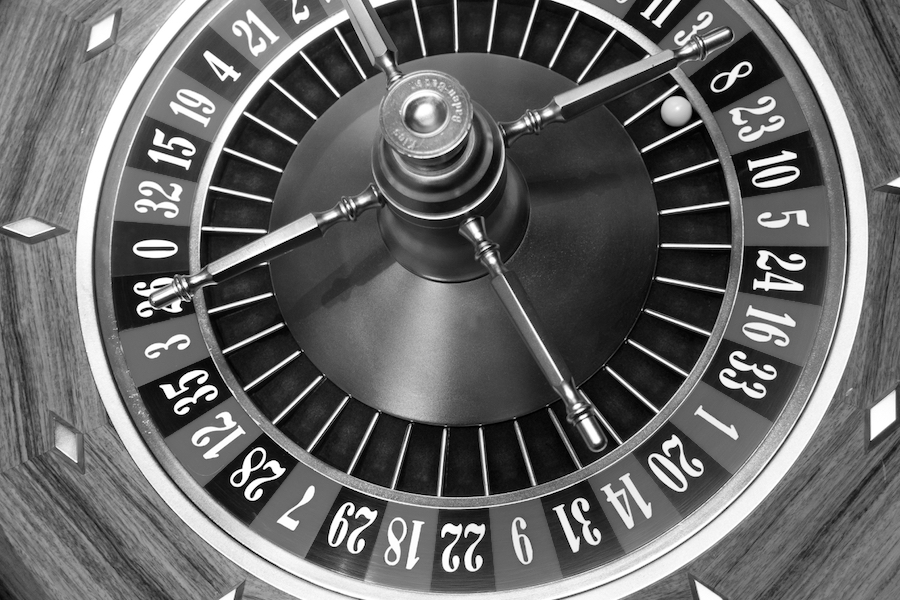As our fickle nation turns its attention to another season of weary football, we’re inundated with radio spots, TV commercials, and billboards touting the glitzy appeal of sports-betting. From this onslaught, it would seem that all it takes is a few minutes of research on point spreads, weather conditions, and match-up history for the average fan to swim in the spoils of weekly winnings. Putting down the right bet can turn any casual Sunday into a money monsoon befitting a tech mogul. An activity, which recently was considered unseemly or taboo, has now pulled a firm seat to the crowded poker table of mainstream advertising. So what’s happened?
Leaning on Ockham’s razor, we can quickly skim the surface of this topic. Like the big hits the league once advocated, NFL’s public relations have been recently brain bruised. Concussions, kneelings, falling ratios of action-to-game length, elevated referee involvement, more penalties, and swaths of empty seats in giant stadiums have dented the bottom lines of the old boys’ club. Though it can’t be eaten, money does talk, and when the revenue streams trend down, new business lines become not only palatable but mouthwatering.
Communication rules get bent or erased. Sports shows recalibrate and host handicappers for lengthy segments. We consumers get it in our heads that we have what it takes to win the wager. And everyone moves along as if the development is perfectly natural and part of the improving evolution of humankind.
But as a writer, with a penchant for viewing the other angle, for wanting to see beneath the hood, I’m compelled to ask—like a whisper floating into a tornado spin—is there more to this industry’s growth than Ockham’s razor would suggest? Why was it so easy for betting to go mainstream and pretend like it’s always been here? As a collective, are we evolving for the better?
Maybe don’t answer that last one.
In the age of instant everything, where everyone’s a GM of a fantasy team, crunching numbers, commoditizing players on a budget, talking big data and analytics like a Silicon CEO, the explosion of gambling is the perfect round peg for the right hole. It’s entrenched in ego, the know-it-all-ism of look at me and how right I am. The reality, and not the fantasy, is that predicting the future is one of the few things we should all agree that we can’t do.
Never mind that handicappers have the algorithmic advantage, that in a nation with growing problems of homelessness and addiction, we’re glorifying the risk of precious dollars, and the seductive allure of winning. The lesson of betting ads is that shortcuts work, and quick cash can be made not just once, but repetitively. Is this the education we want to impart on the population?
Now I’m not unreasonable or disgruntled enough to be the clichéd curmudgeon yelling at a cloud. I get that trends shift. I understand the influence of business interests in this or any era. But like with any hot new wave, we’re tasked with weighing the short- and long-term ramifications of our purchasing decisions.
If my top concern while watching a game is a late, meaningless field goal that changes the point spread, or a third-string running back getting enough touches to punch one in the end zone, I’ve now altered my relationship with the game, the players, and coaches. I’ve changed what it means to watch sports. It’s no longer entertainment or inspiration or a form of relaxation. It’s a job, with bottom-line based results. Think of the mental and physical health impacts of pressurized employment.
If I tailgate on Sunday morning and wait by the buses after the game to lace obscenities at the receiver who screwed my fantasy team, or harass a kicker online for a crucial miss, I’ve now brought that player into the conflict. I’ve created an adversary, perhaps with the motivation to respond against someone else. I’ve scattered all chance for inner and outer peace to the parking lot, with the blown trash wrappers and littered beer cans.
You may say, “These players are rich. They can handle it. The floodgates have been opened. Don’t fight the current or you’ll drown. The president’s a casino owner for goodness sakes!”
But as you see and hear these sophisticated marketing campaigns this fall, please at least think and consider, and perhaps save your money, because the house always wins.
Will any of this reverse course?
I wouldn’t bet on it.

Image at the top of the page is from pexels.com.


I liked this one Tim, but I’m easy on this subject because I don’t like the bone-crushing violence of football and I’ve never bet on sports. Good argument and I agree, the house always wins.
what’s next, player safety? give me a break, Tim! this land was BUILT on a gamble, back when the “house” was Parliament…they didn’t win (see: Revolution, American)
very well written though, look forward to your next musing
” I’ve now brought that player into the conflict. I’ve created an adversary, perhaps with the motivation to respond against someone else.” — Love this. It’s also a good reminder how fantasy leagues / betting invites the final dissolution of the ONE cultural value that laid outside capitalism in pro sports: home-team loyalty. Farewell!